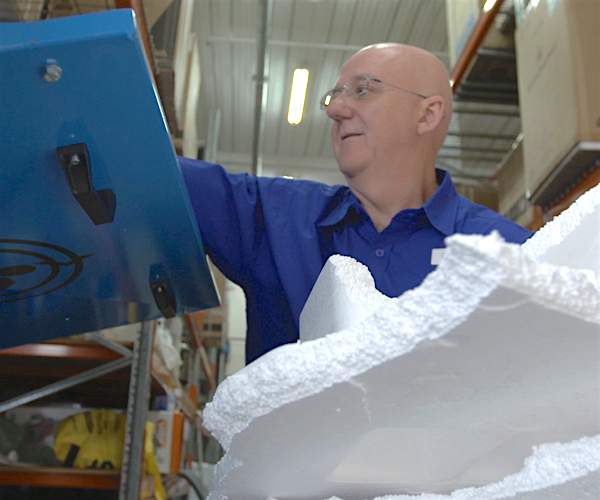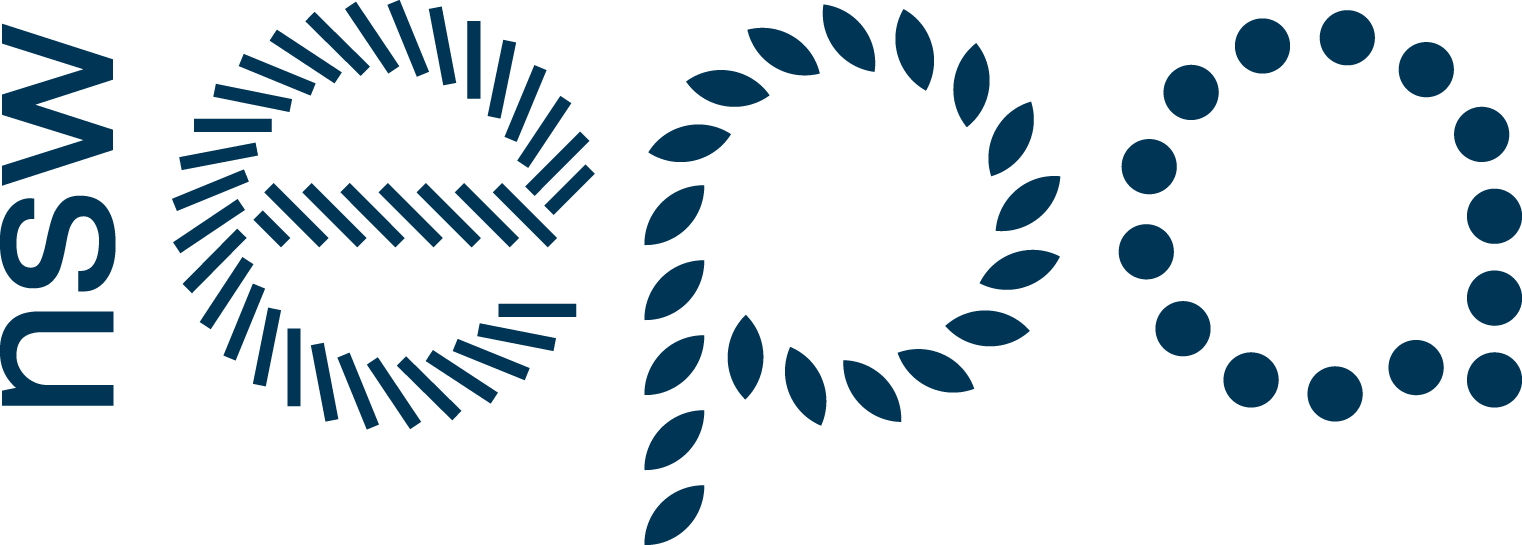Landfilling waste instead of recycling may seem like an easy solution but the unnecessary costs that come with it can be significant – and not just environmental. Poor waste management practices and a preference for landfilling over recycling impose a financial cost in two key ways.
The first is excess waste management and transport fees. Waste contracts are often structured around bin pick up. Transporting a skip bin full of uncompacted soft plastic or cardboard is effectively the same as transporting air. And each truck movement has financial and environmental costs. Investing in recycling equipment like balers and compactors reduces the need for truck pick-ups and can therefore lower the contract fee.
Landfill levies are the second avoidable cost. Levies are a state government fee for each tonne of eligible waste sent to landfill. The rate varies depending upon material type and business location and is additional to the normal landfill cost. The most common charge in Western Australia is $55 a tonne, in Victoria it is it is $62, South Australia $76 and in NSW it is $133. In the ACT the landfill gate fee is $146. The levy is easily avoided by sending material to recycling.
Land fill levies range from $55 a tonne in WA to $133 in NSW. Recycling does not attract the levy.
The establishment of green supply chains also promotes ef ciency and synergy among business partners, minimising waste and reducing cost.5
Modern Tiles Erina achieved savings of approximately 50% after the installation of a compactor and baler for cardboard and plastic. These savings came from fewer waste collections as well as the indirect benefits of a tidier warehouse with more room for stock. A tidy, well organised warehouse improves warehouse processes, inventory control and supply chain management as well as workplace safety – all of which improve a company’s bottom line.
The Good Guys Rockdale saved thousands of dollars with a plastic wrap baler and polystyrene compactor facilitated through the NSW EPA’s Bin Trim program. The baler and compactor resulted in a reduction of bin collections from three per week to one per fortnight.
By investing in a baler and compactor The Good Guys Rockdale reduced bin pick ups from three large collections per week to one small collection per fortnight.
Blackmores was awarded Australian Packaging Covenant Signatory of the Year in 2016 for their commitment towards achieving environmental sustainability across packaging design and innovation, partner collaboration, employee engagement and recycling and reuse. Their commitment resulted in a reduction of waste to landfill of almost 25% and the impressive saving of $68,500 per annum on future disposal.
Make the Case
When putting your business case together:
- Investigate whether you can set up simple and free recycling programs like ‘Cartridges 4 Planet Ark’, MobileMuster and TechCollect as a way of introducing recycling to the organisation.
- Do a quick audit of your key waste streams and identify: the most signi cant by both weight and volume; the recyclable materials; and, whether they can be compacted to reduce space and transport costs. The Bin Trim tool can help make this process easy.
- Review your existing waste management contract for opportunities to reduce costs (which may mean changing some internal practices).
- Talk to a new recycling contractor about the services they offer and make it clear you are looking for savings.
The Business Case for Less Waste - Introduction
The Next Step: Using the Brain to Create Change



